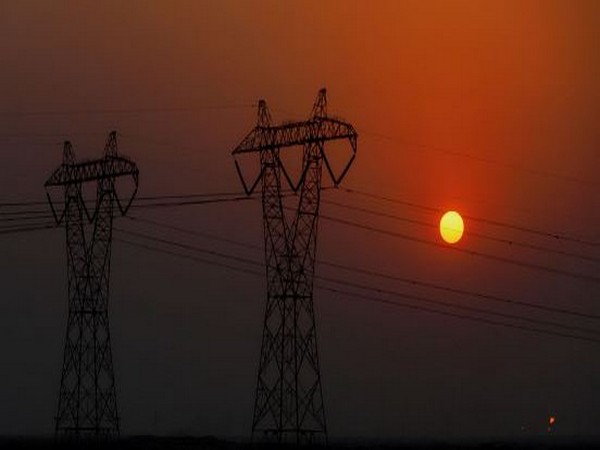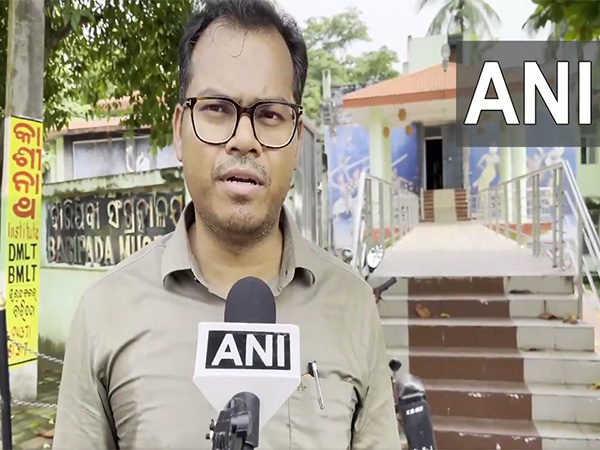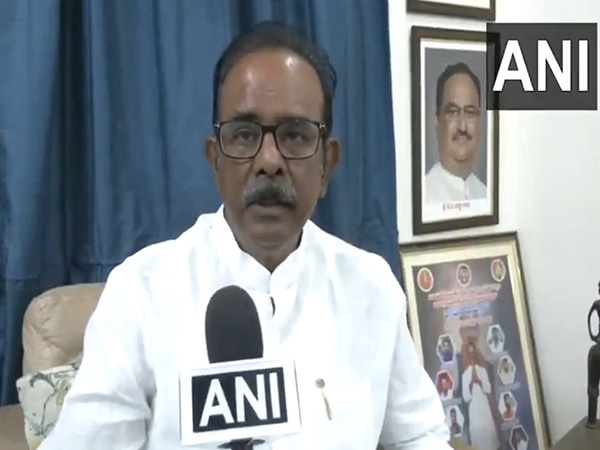Quito [Ecuador], June 20 (ANI): Ecuador faced a nationwide blackout on Wednesday afternoon and the country’s Public Infrastructure Minister, Roberto Luque, blamed the “failure in the transmission line” for the emergency, The New York Times reported.
In a statement posted on X, Roberto Luque said he had received a report from the national electricity operator, CENACE, about “a failure in the transmission line that caused a cascade disconnection, so there is no energy service nationwide.”
Luque said the authorities were working to resolve the outage “as quickly as possible.” Within hours, power had started to return to some parts of Ecuador’s capital, Quito.
Ecuador, which has a population of 18 million people, has been struggling with an energy crisis for several years. Failing infrastructure, a lack of maintenance and a dependence on imported energy have all contributed to rolling blackouts. However, none of them have been as widespread as this one, The New York Times reported.
Around 3:15 pm (local time) on Wednesday, most of the people in Ecuador found themselves without power. Notably, the majority of Ecuador’s energy comes from Colombia, a nation that has struggled to generate enough power for its own domestic consumption.
A Chinese-built hydroelectric power plant, the Coca Codo Sinclair Dam, worth USD 2.25 billion was supposed to help solve the problem of Ecuador. However, the project has become a major headache for the Ecuadorean authorities. There have been several construction errors, which have resulted in a legal dispute between Ecuadorean officials and the Chinese company.
Earlier in April, Ecuador faced blackouts, which the Energy Ministry said was caused due to historically low water flows after an extended drought, rising temperatures and a lack of maintenance of the country’s electrical system, according to The New York Times report.
For weeks afterwards, the ministry imposed daily power cuts that lasted several hours. Ecuador President Daniel Noboa declared an energy emergency, directed businesses and government offices to shut down for several days and called for the resignation of the energy minister.
Earlier in May, the blackouts had ceased in Ecuador. Luque, who also serves as the acting energy minister, said on June 7 that the risk of power outages had been mitigated. However, parts of Quito on June 16 again faced an outage. Three days later, the entire country suffered a power outage.
On Wednesday evening, the sound of cars honking and drivers shouting filled the streets of Quito and Guayaquil as traffic lights stopped working. The public transit systems and some water supply companies suspended services in both major cities, The New York Times reported.
Quito’s mayor expressed surprise that the blackout had impacted Quito’s subway system, which uses an “isolated” power source. He further said, “The event must be very significant to have affected even the power in the Quito metro.” (ANI)
Disclaimer: This story is auto-generated from a syndicated feed of ANI; only the image & headline may have been reworked by News Services Division of World News Network Inc Ltd and Palghar News and Pune News and World News
HINDI, MARATHI, GUJARATI, TAMIL, TELUGU, BENGALI, KANNADA, ORIYA, PUNJABI, URDU, MALAYALAM
For more details and packages
















